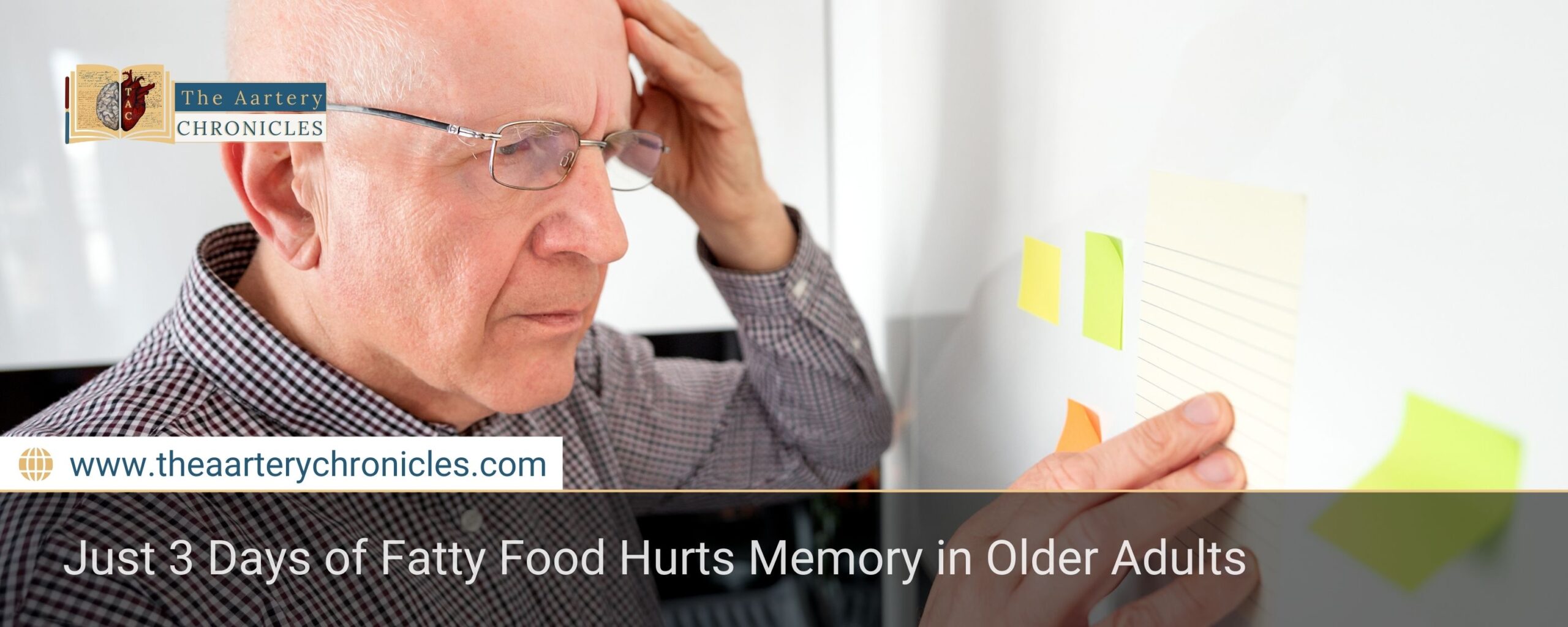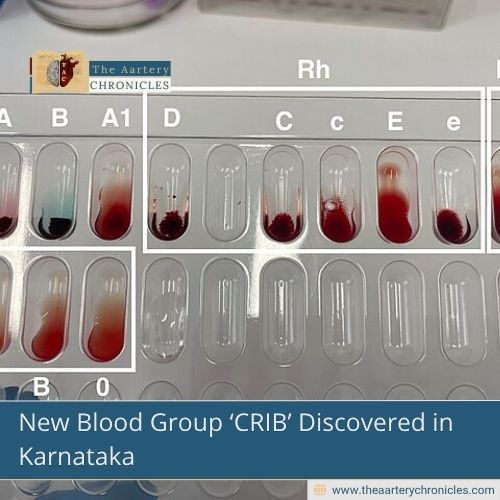

Can a Few Days of Fatty Food Harm Your Brain? Yes! If You’re Older
Summary: A recent rat study reveals that just three days on a high-fat diet can trigger memory loss and brain inflammation in older adults even before weight gain or metabolic changes occur. While young rats remained mentally sharp, older rats showed signs of cognitive decline and brain inflammation, indicating that ageing brains are more vulnerable to the harmful effects of saturated fats, independent of obesity.
Aging brains are more vulnerable..Here’s what science just revealed
What you eat might matter much sooner than you think regarding brain health. A new rat study published in Immunity & Ageing reveals that just three days on a high-fat diet may be enough to cause brain inflammation and memory loss in older adults even before any signs of obesity or metabolic disease show up.
This groundbreaking research from Ohio State University puts the spotlight directly on the ageing brain and how it’s uniquely susceptible to the effects of saturated fats. The takeaway? Even short-term indulgence in fatty foods might have immediate consequences for memory in older individuals.
Findings of the Study: Fatty Food Hits Older Brains Fast
In the study, researchers fed young and old rats a high-fat diet, rich in 60% of calories from saturated fat, similar to a double cheeseburger, for either three days or three months.
While both groups developed metabolic issues after three months, only the older rats showed:
- Impaired memory after just three days
- Inflammation in the brain, specifically in regions tied to memory and fear
- Disruption in cytokines, the signaling proteins behind inflammation
“We showed that within three days, long before obesity sets in, tremendous neuroinflammatory shifts are occurring,” said lead researcher Ruth Barrientos, PhD.
Why Are Older Brains More at Risk?
Over the years, aging brains become “primed” for inflammation and gradually lose their ability to recover from stress. Dr. Barrientos’ earlier work shows that older brains have fewer neural reserves, making them more vulnerable to anything that sparks inflammation, like fatty foods.
Meanwhile, younger rats didn’t show memory problems, even after eating the same high-fat diet for three months. This suggests they have stronger anti-inflammatory defences, offering short-term protection from brain damage.
“Young animals appear more resilient… likely due to their ability to activate compensatory anti-inflammatory responses, which the aged animals lack,” Barrientos noted.
Memory Tests Reveal the Damage
To understand how diet affects memory, researchers focused on two types of memory loss:
- Contextual memory (hippocampus-driven): remembering places and surroundings
- Cued-fear memory (amygdala-driven): recalling danger signals
Older rats on the high-fat diet after just three days performed poorly on both memory tests. These effects did not improve even after staying on the diet for three months.
“We never would have known that brain inflammation is the primary cause of high-fat diet-induced memory impairments without comparing the two timelines,” Barrientos said.
It’s Not About Obesity…It’s About Brain Inflammation
Interestingly, after three days, the rats didn’t yet show major changes in
- Blood sugar
- Gut microbiome
- Body fat
That means metabolic changes aren’t the culprit; the brain itself is reacting first.
This is a crucial insight. It challenges the belief that diet affects the brain only after obesity or diabetes sets in.
“Unhealthy diets and obesity are linked, but they are not inseparable,” Barrientos explained. “We’re really looking for the effects of the diet directly on the brain.”
Real-World Warning: Fast Food Could Be the Trigger
The high-fat diet used in the study mirrors what you’d find in common fast-food items such as a double cheeseburger. These meals get around 60% of their calories from fat, making them closer to the rat diet than you’d think.
Key Takeaways
- Just 3 days of a high-fat diet triggered memory loss and brain inflammation in older rats.
- These effects occurred without weight gain or metabolic changes.
- Young rats were more resilient, showing no cognitive decline.
- The aging brain is primed for inflammation, making it more vulnerable to dietary stress.
- It’s not just obesity; diet alone can damage the ageing brain.
Conclusion: Rethink That Cheat Meal?
This study is a strong reminder that what we eat doesn’t just affect our waistline, it affects our mind, and quickly so, especially in older adults. If you or your loved ones are in the aging bracket, it’s worth considering that even short-term dietary indulgence in fatty foods might have lasting cognitive consequences.
So next time you think of grabbing that double cheeseburger, just remember: your brain might not forget it, literally.
Inputs from various media Resources

Dane
I am an MBBS graduate and a dedicated medical writer with a strong passion for deep research and psychology. I enjoy breaking down complex medical topics into engaging, easy-to-understand content, aiming to educate and inspire readers by exploring the fascinating connection between health, science, and the human mind.








